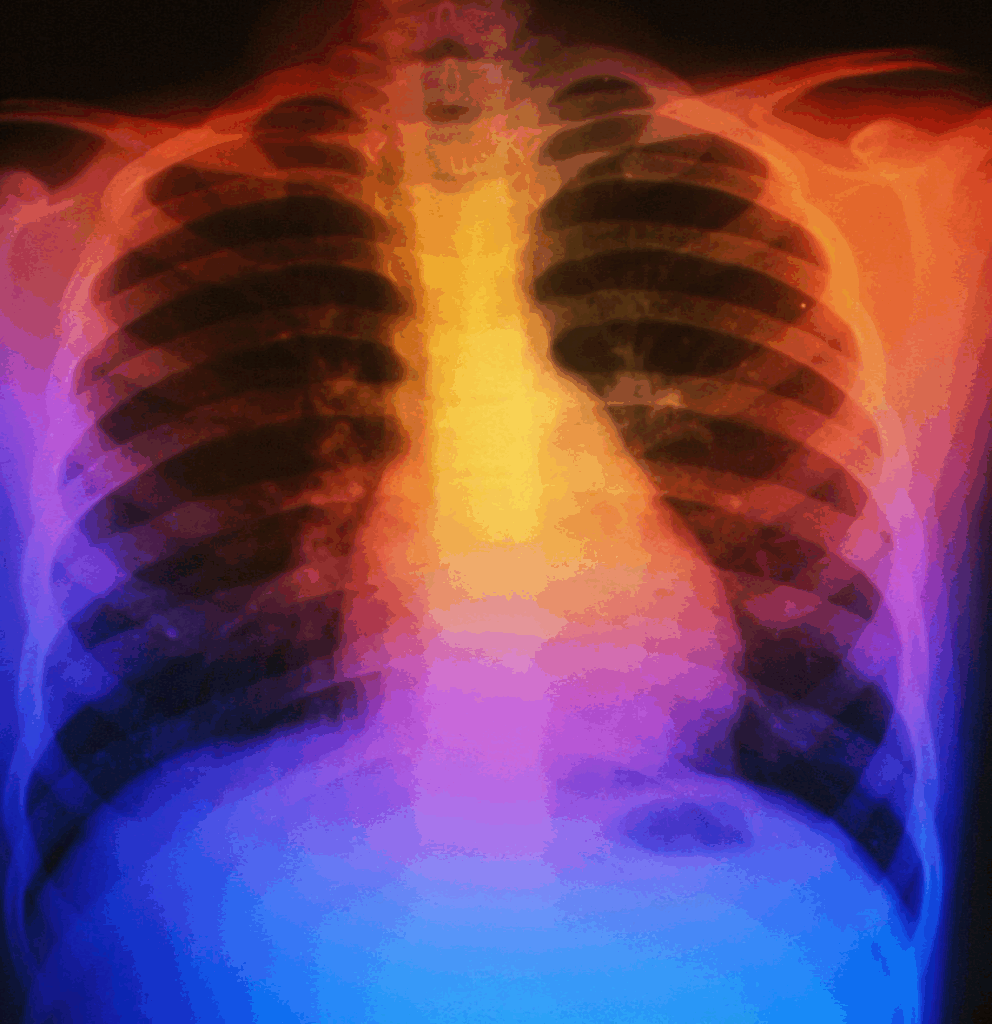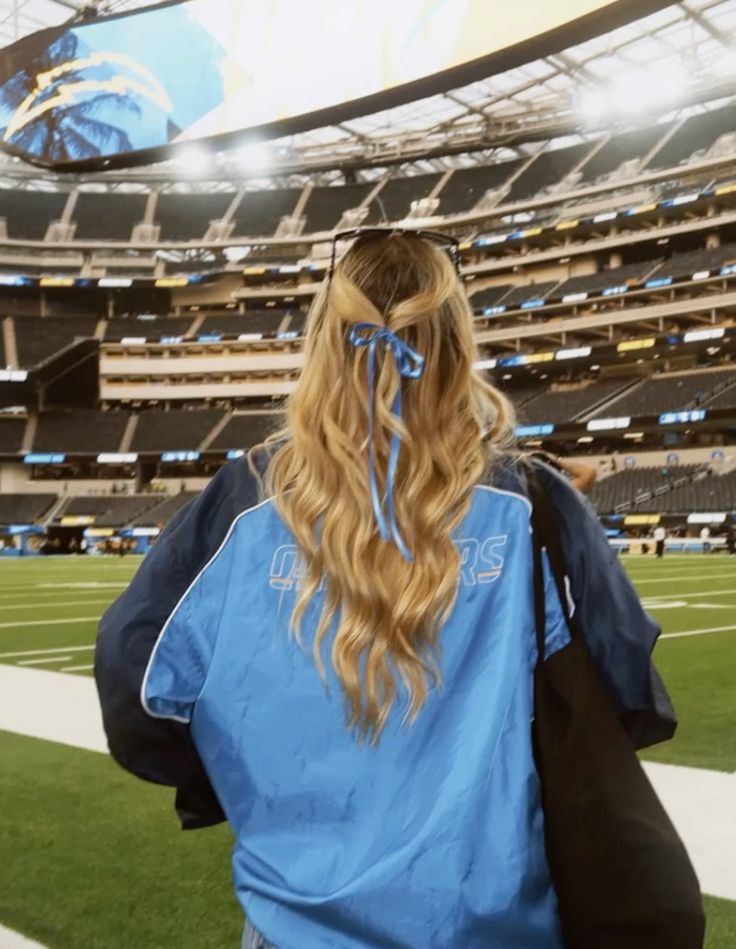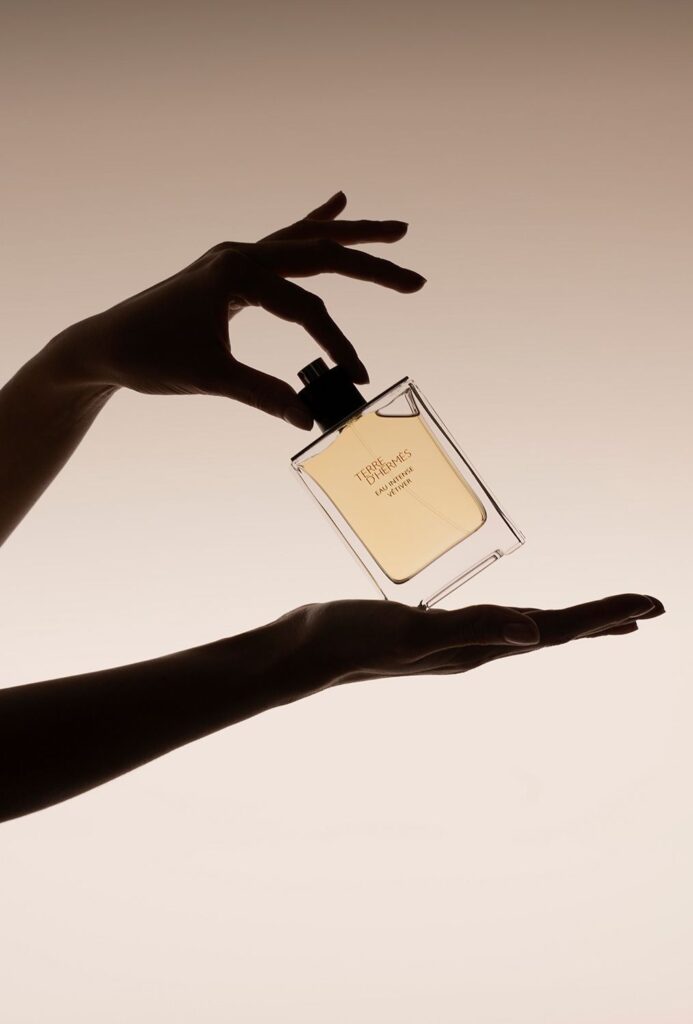From experience, Maria Walls knows how debilitating living with a disability can be. The stigma that surrounds the topic has made her and others feel misunderstood or overlooked. Now a senior, Walls has made it her goal to break down those barriers and be an advocate for persons with disabilities.
Maria was diagnosed with Postural Orthostatic Tachycardia Syndrome, or POTS, at the age of 16. “I had a really difficult time adjusting to the label of having a disability. I think it’s much more condemning than people realize because you have to re-frame your whole perspective on how your life is going to be,” says Walls, ” You become, by default, more dependent on other people.”
In high school, a near-death experience entirely changed her perspective. The medications she was taking caused a mini stroke that stopped her heart. “I was taking 26 pills every single day. I had no control over what was going on in my life,” says Walls.
After that day, she stopped taking all of her medication and chose to lead a vegan lifestyle that kept her healthy. She was proud to finally have a say over the care of her body.
“When I was relying on doctors to tell me what I needed and what was best for me, I lost part of myself, and part of my convictions and control over my own body. To be able to know that now I’m the one who’s in charge of the way that I feel everyday makes me feel empowered and independent,” says Walls.
During her freshman year, Walls found that there weren’t many resources available on campus for students with disabilities. She recalls feeling isolated and alone after she couldn’t find the same amount of support she received at home.
“I came here and felt like I wasn’t necessarily understood. I couldn’t go to parties late at night because I was exhausted. I couldn’t go to football games because I couldn’t stand up the whole time,” says Walls, “I was struggling with day-to-day things and I felt very lost.”
That feeling of isolation inspired Walls to create PSU WINGS, an organization that advocates for students with disabilities. The program provides a platform for students to build friendships, while offering mentorship that allows them to connect with others who may be experiencing similar issues.
The organization also works to erase the common misconceptions that surround disabilities. “A lot of people think that if you have a disability, it means that you’re not intelligent. Most disabilities out there have nothing to do with impeding your IQ,” says Walls, “I have a physical disability, but my mind is acute and a lot of people think that because sometimes I have to walk with a cane that for some reason that impacts my brain.”
The awareness and inclusion of disabilities is something to be embraced on campus. Through her own perseverance, Walls hopes that others can be freed from their struggles. “It makes you feel different from everyone else, and it makes you feel guilty that others have to accommodate you,” says Walls, “I was able to push through that and make my POTS part of my identity and embrace it. I definitely see that guilt and shame in a lot of people that I interact with and that breaks my heart.”
When it comes down to one thing Walls hopes to get across to others, she mentions happiness.
“I want people to know that no matter how many times you have to adjust what you’re doing or try something different or take a risk, that as long as the end goal is that you’re happy, then nothing else matters.”





